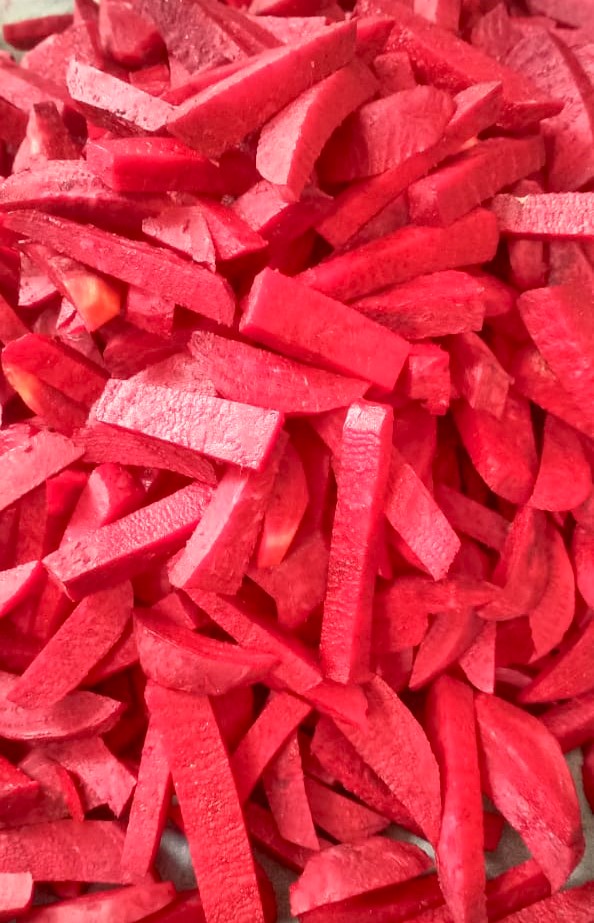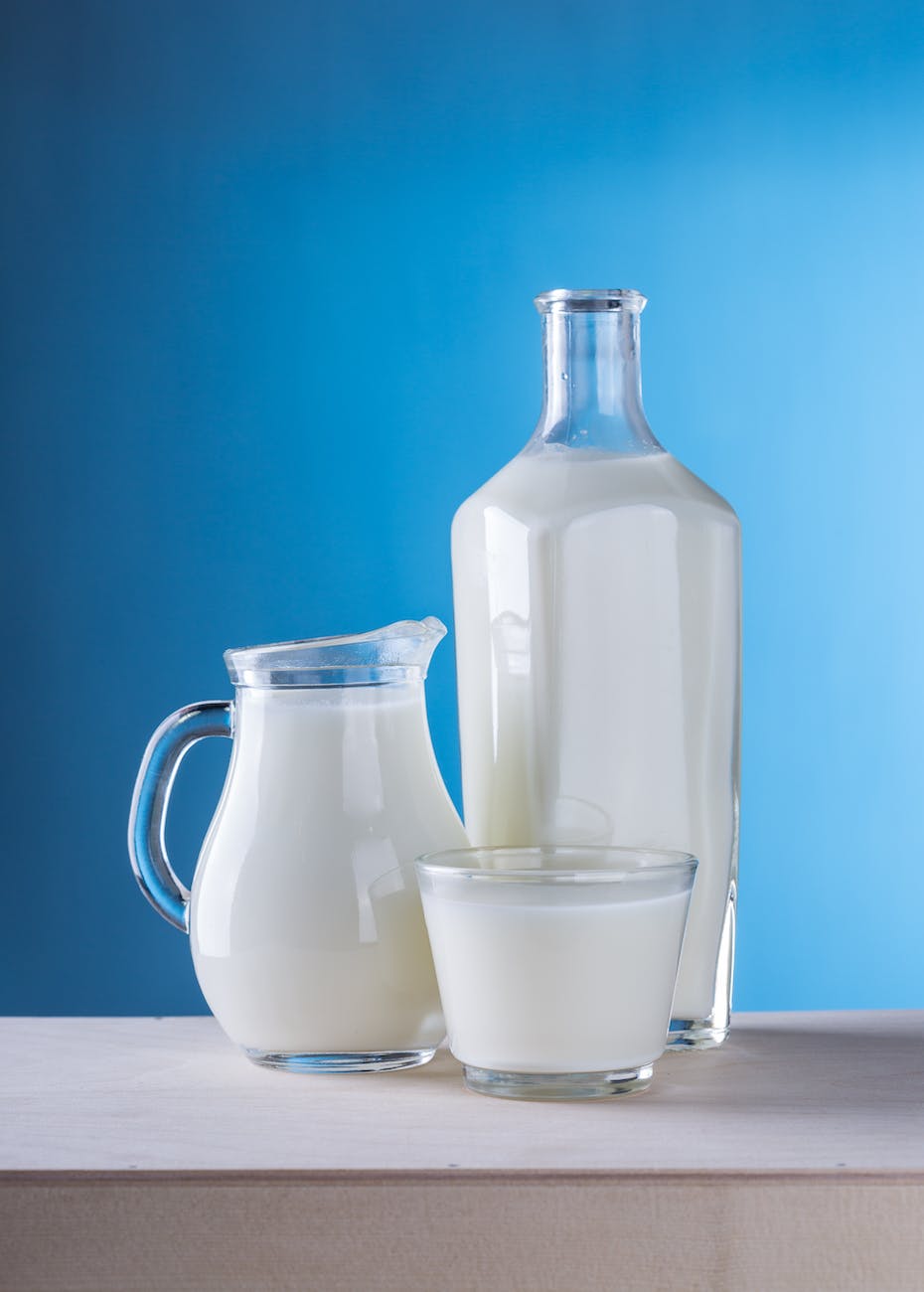
Unlocking the Nutritional Powerhouse: What’s in Your Coconut Milk?
Introduction:
In recent years, coconut milk has surged in popularity, not just as a tropical beverage or a key ingredient in Asian cuisines, but as a nutrient-dense alternative to traditional dairy. With more individuals leaning towards plant-based diets and seeking dairy substitutes, understanding the nutritional composition of coconut milk becomes essential. This post will dive deep into the rich tapestry of nutrients found in coconut milk, shedding light on why it’s more than just a creamy delight.
1. The Basics: What is Coconut Milk?
Definition:
Coconut milk is a luscious, creamy liquid derived from the grated pulp of mature coconuts. It’s not to be confused with coconut water, the clear liquid found inside young coconuts. The process of creating coconut milk involves blending coconut meat with water and then straining the mixture to produce a milk-like consistency.
Nutritional Components:
At its core, coconut milk is a blend of water, fat, and a small amount of protein and carbohydrates. Its rich, velvety texture is attributed to its high-fat content, primarily saturated fats. However, these aren’t just any fats; they’re medium-chain triglycerides (MCTs), which have been linked to various health benefits. The presence of these MCTs, combined with a host of vitamins and minerals, makes coconut milk a nutritional powerhouse.
2. Macronutrients in Coconut Milk:
Calories:
A typical serving of coconut milk is calorie-dense, primarily due to its fat content. However, these calories are packed with nutrients that can fuel your body and support various bodily functions.
Fats:
- Saturated Fats: Coconut milk is rich in saturated fats, but these are primarily MCTs, which are metabolized differently than long-chain triglycerides found in most other fats. MCTs are known for their potential to support weight loss and energy production.
- MCTs (Medium-Chain Triglycerides): These unique fats are a highlight of coconut milk. They’re quickly absorbed by the body and can be used as an immediate energy source.
- Unsaturated Fats: While present in smaller quantities, unsaturated fats in coconut milk can support heart health.
Proteins:
Coconut milk contains a modest amount of protein. While it’s not a primary protein source, it can contribute to your daily protein intake, especially when combined with other protein-rich foods.
Carbohydrates:
- Sugars: Coconut milk naturally contains sugars, giving it a subtle sweetness.
- Dietary Fiber: The fiber in coconut milk can aid digestion and promote a feeling of fullness.
3. Micronutrients in Coconut Milk:
Vitamins:
- Vitamin C: An antioxidant that supports immune function and skin health.
- Vitamin E: Known for its antioxidant properties, it helps protect cells from damage.
- B Vitamins: Essential for energy production and overall metabolic function.
Minerals:
- Magnesium: Supports muscle and nerve function, bone health, and energy production.
- Potassium: Vital for heart health, muscle contractions, and nerve transmissions.
- Iron: Essential for red blood cell production and oxygen transportation.
- Phosphorus: Works with calcium to build strong bones and teeth.
4. Antioxidants and Phytonutrients:
Lauric Acid:
One of the standout components of coconut milk is lauric acid, a type of MCT. Lauric acid is known for its antimicrobial properties, making it a potential ally in fighting off bacterial and viral infections.
Phenolic Compounds:
Coconut milk contains phenolic compounds, which are natural antioxidants. These compounds help combat oxidative stress in the body, protecting cells from damage and potentially reducing the risk of chronic diseases.
Cytokinins:
These are plant hormones found in coconut milk that have been studied for their potential anti-aging and anti-thrombotic effects.
5. Nutritional Comparison:
Coconut Milk vs. Almond Milk:
While both are popular dairy alternatives, almond milk typically has fewer calories and fats than coconut milk. However, coconut milk offers a creamier texture and a unique flavor profile, making it preferable in specific recipes. Almond milk, on the other hand, is often fortified with vitamins and minerals.
Coconut Milk vs. Soy Milk:
Soy milk is protein-rich, making it a favorite for those looking to boost protein intake. Coconut milk, with its high-fat content, provides a different set of nutritional benefits, particularly its MCTs.
Coconut Milk vs. Oat Milk:
Oat milk is known for its naturally sweet taste and is often chosen for its fiber content. While it’s lower in fat than coconut milk, it’s higher in carbohydrates.
6. How to Incorporate Coconut Milk Nutrients into Your Diet:
Smoothies:
Blend coconut milk with fruits, seeds, and greens for a nutrient-packed smoothie. The creaminess of coconut milk adds a luxurious texture.
Baking:
Replace regular milk or water in baking recipes with coconut milk for added richness and flavor.
Soups and Curries:
Coconut milk is a staple in many Asian dishes. Its creamy consistency makes it perfect for soups and curries.
Dairy Substitute:
For those who are lactose intolerant or vegan, coconut milk can be used as a direct substitute in many recipes, from mashed potatoes to pancakes.
Homemade Ice Cream:
Use coconut milk as the base for a dairy-free ice cream. Its natural sweetness and creamy texture make it an ideal choice.
7. Potential Concerns and Considerations:
Saturated Fat Content:
While coconut milk is lauded for its MCTs, it’s essential to note its high saturated fat content. Overconsumption can lead to increased cholesterol levels, so moderation is key.
Caloric Density:
Due to its rich fat content, coconut milk is calorie-dense. Those monitoring their caloric intake should be mindful of portion sizes.
Digestive Sensitivities:
Some individuals might experience digestive discomfort, such as bloating or diarrhea, especially when consuming coconut milk in large quantities.
Canned Varieties:
When opting for canned coconut milk, it’s advisable to choose BPA-free cans to avoid potential chemical leaching. Additionally, some canned versions may contain added preservatives or thickeners.
8. The Verdict: Is Coconut Milk Right for You?
Balanced Consumption:
Like all foods, coconut milk is best enjoyed in moderation. Its rich array of nutrients makes it a valuable addition to a balanced diet, but it’s essential to balance its consumption with other nutrient-rich foods.
Dietary Preferences:
For vegans, lactose-intolerant individuals, or those seeking a dairy alternative, coconut milk can be a fantastic option. Its creamy texture and unique flavor can enhance various dishes.
Health Goals:
If you’re aiming for weight loss, be mindful of the caloric content. However, if you’re looking to boost your intake of MCTs and other beneficial compounds, coconut milk can be a valuable addition.
Conclusion:
Coconut milk, with its delightful flavor and impressive nutrient profile, has rightfully earned its spot in kitchens worldwide. Whether you’re sipping it in a smoothie, savoring it in a curry, or simply enjoying a glass, it offers both taste and nutrition. However, as with all foods, understanding its components and potential impacts on health ensures that you make informed dietary choices.
Call to Action (CTA):
If you’ve found this deep dive into coconut milk enlightening, please share it with friends and family. Experiment with coconut milk in your recipes and discover its culinary magic. And don’t forget to comment below with your experiences and favorite coconut milk-infused dishes!













